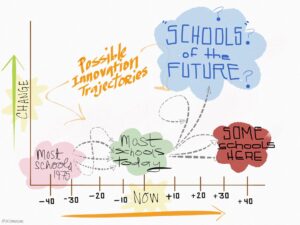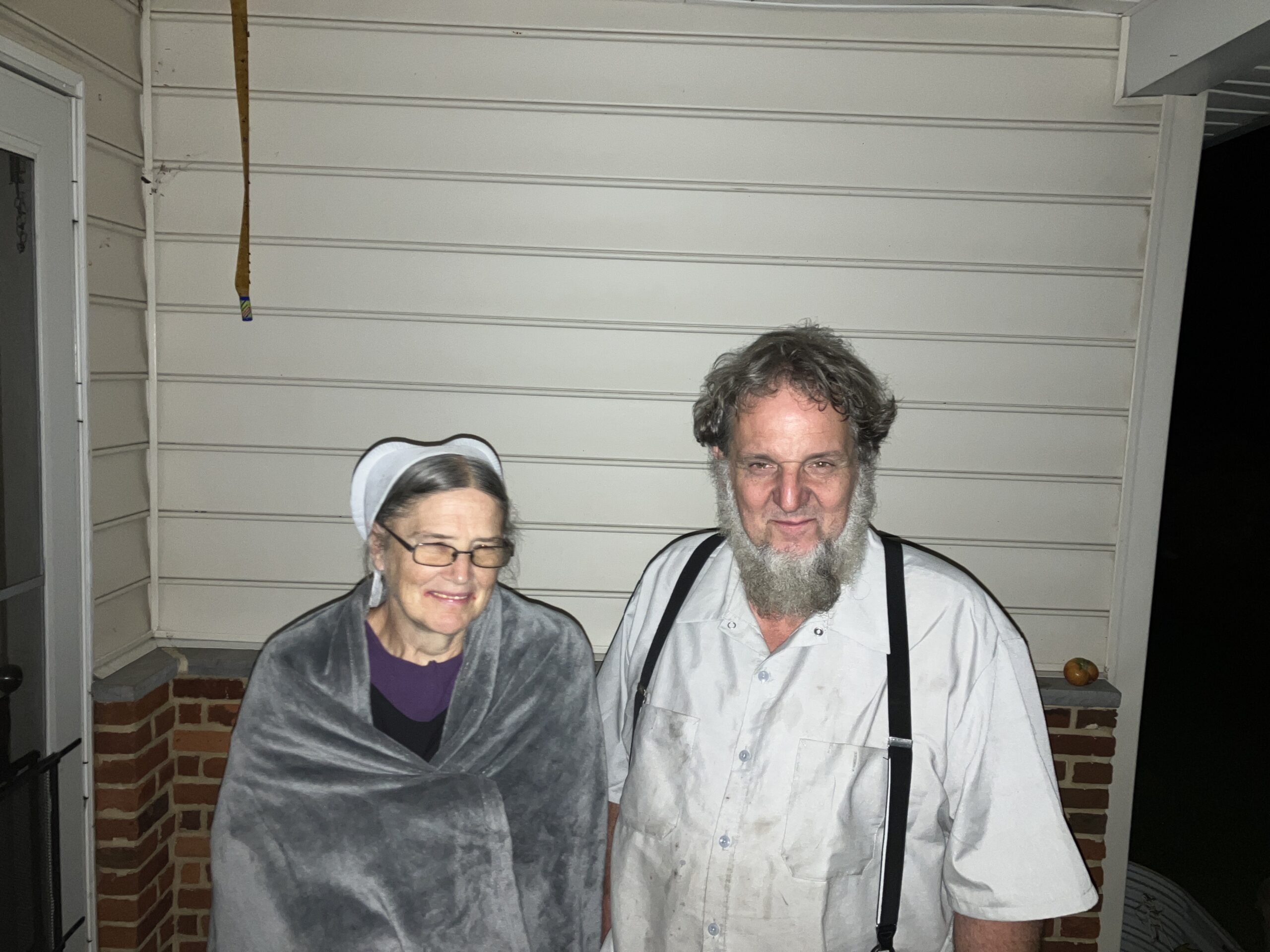 For at least the last decade I (and many others) have been focusing your attention on our “rapidly changing world”. Education writ large has been remarkably slow in adapting to this rate of change, at least until now. Last spring I wrote about the nature of exponential rates of change, and how that acceleration is manifest in so many areas, not just technology. It is time for another update.
For at least the last decade I (and many others) have been focusing your attention on our “rapidly changing world”. Education writ large has been remarkably slow in adapting to this rate of change, at least until now. Last spring I wrote about the nature of exponential rates of change, and how that acceleration is manifest in so many areas, not just technology. It is time for another update.
Most of us now understand how much education has been changed due to the pandemic. Most schools have changed more in 10 months than they had in previous decades. 2020 will also be remembered as the year that White America re-awoke to the crushing inequities of systemic racism. While we can expect backsliding, we may finally have seen the origin of a critical mass across economic, social, and political spheres that will coalesce into long-term cultural change.
The last two months, and even the last two weeks, have demonstrated another quantum leap in our experience of “rapid change”. In November Americans voted to reverse course from just four years earlier, to elect a very different president. The margin of victory in the so-called swing states and in the Georgia senate run-off were small. But there are two clear takeaways: the “users” have indicated that “the jobs to be done” by government are better served by a different set of actors, and new “users” have come into “the market” of the body politic. Changes in user affinity are happening just as quickly when it comes to the marketplace of education, though we may still be slow to recognize them.
Then, in just two weeks, we have/will have gone from the first major attack on the nation’s capital in 200 years, to a modestly bipartisan second impeachment of a president, to the inauguration of a new president and the first woman and woman of color as vice president.
These two-month and two-week changes make even the spread of COVID seem slow. As John Gulla reminds me, Stephen Jay Gould several decades ago clarified that a great deal of evolution does not take place over long periods of time; it takes place in relatively short bursts linked to discrete events like the meteor impact of the Cretaceous Extinction. We are living through one of those evolutionary events. We simply cannot keep up with the rate of change by making one bold shift in a new direction and hope for stability in a new normal. The ONLY way to survive and thrive is to embrace flexibility and dynamic creativity; to NOT hardwire in solutions, no matter how great they seem in the moment.
As we will soon report, the recent deep dives I have helped facilitate across more than 80 CAIS schools recommend, for example, that schools laser-focus on hiring and supporting people who are highly adaptable, even if they are perhaps not the top candidate in terms of subject knowledge. This period of evolution is selecting for a new set of traits that are demanded by the changed ecosystem. Adaptability is a more valuable trait in this environment than is, for example, a graduate-level proficiency with English literature or middle school-level science.
There is no indication that the rate of change is going to slow or reverse anytime soon. We simply have to recognize that we are “not in Kansas anymore”. Those that embrace the challenge, like Dorothy, will succeed in the future.












Leave A Comment